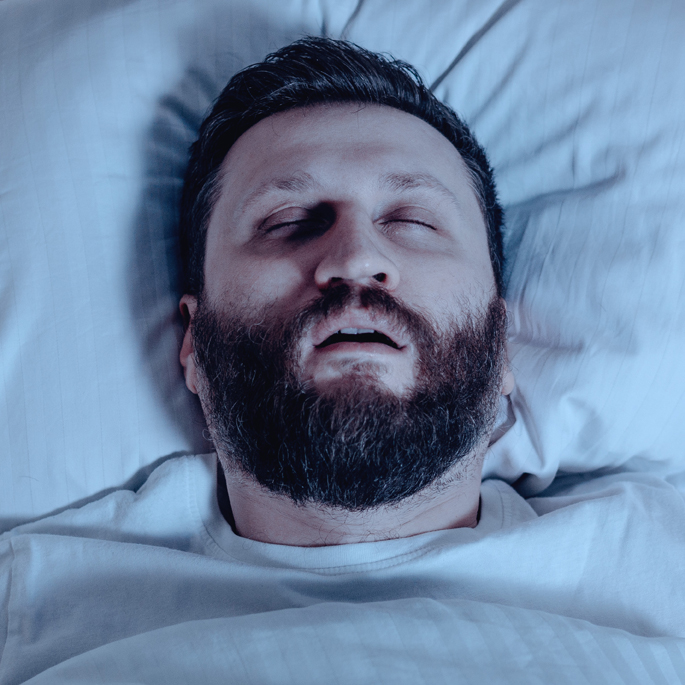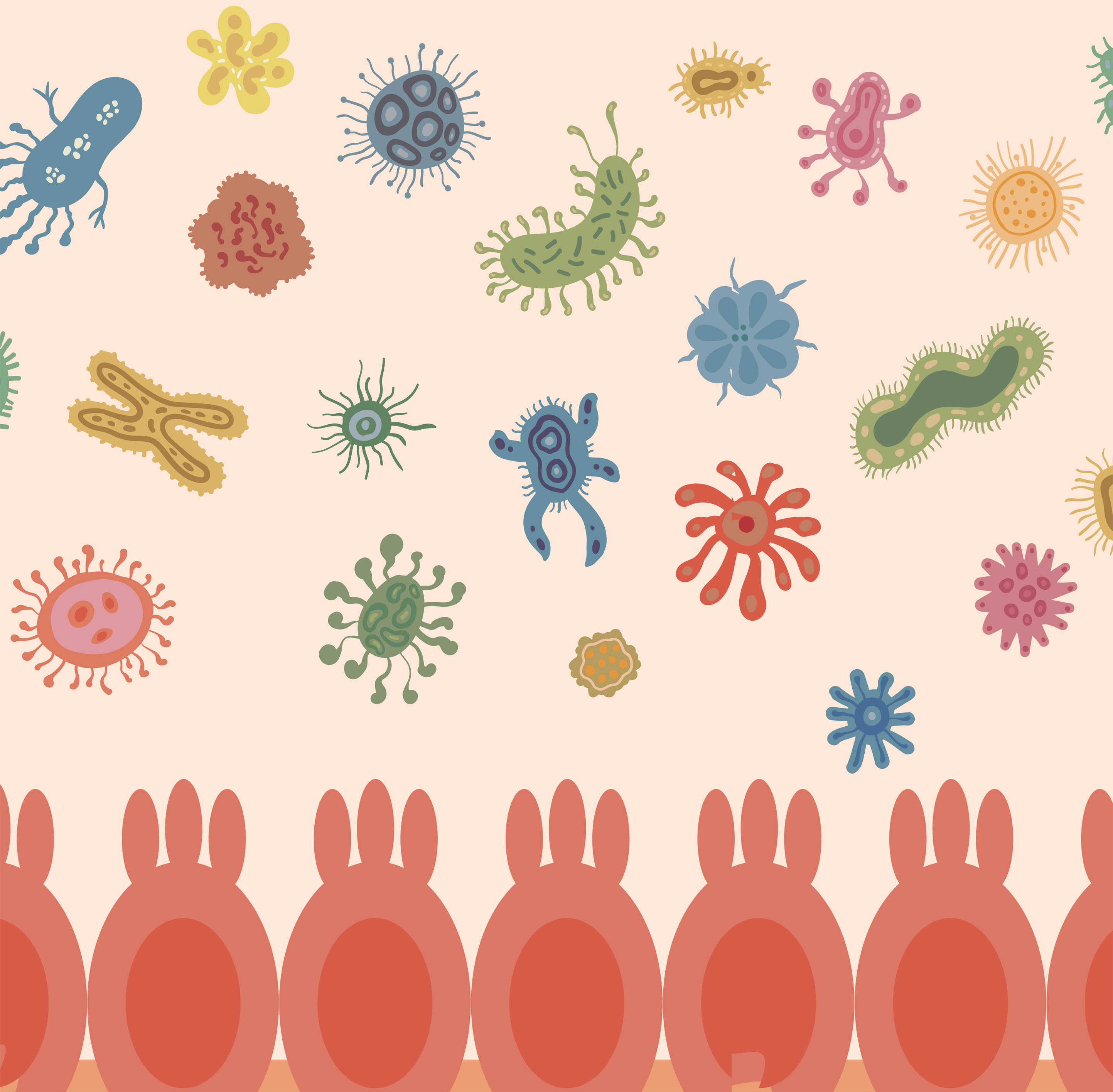At-A-Glance
- If you eat dinner late, say after 8pm, the chances that you have pernicious, silent, nighttime, acid reflux are better than 50/50. And it’s often reflux that causes your allergies, asthma, post-nasal drip, sinusitis, laryngitis, shortness of breath, chronic cough, snoring, and/or sleep apnea.
- Over the past 50 years, the American diet and lifestyle have changed dramatically for the worse resulting in skyrocketing nighttime respiratory reflux (aka LPR).
- Silent Nocturnal Respiratory Reflux (SNoRR) has become the predominant reflux pattern in America; unfortunately, often neither the sufferer nor their physicians recognize reflux as the problem.
This post is in part excerpted from Dr. Koufman’s up-coming book, “Respiratory Reflux: How Silent Reflux Causes Diseases,” due to be released in late 2023 or early 2024.
Silent nighttime reflux can cause or worsen virtually every respiratory disease, and believe it or not, the author (JK) is the only physician/researcher in America who has used diagnostic pharyngeal (throat) pH monitoring to document the severity and pattern of respiratory reflux in tens of thousands of patients over forty years. (Sorry, I wish it weren’t so, but today, Medicare reimbursement for this type of testing does not pay enough to make it worth doing… and … GI reflux-testing for respiratory reflux is totally worthless.)
In 1987, I coined the term LPR (laryngopharyngeal reflux) because the GI term GERD (gastroesophageal reflux disease) did not apply to my otolaryngology (ENT) patients. LPR patients had no heartburn or indigestion. The most common LPR symptoms were/are hoarseness, post-nasal drip, a lump-in-the-throat sensation, difficulty swallowing, chronic throat-clearing, and cough.
In 2015, I coined the term, respiratory reflux (RR) because LPR was hard to pronounce and not inclusive enough. LPR means “reflux into the voice box and throat,” but what about the ears, nose, sinuses, trachea, bronchi, and lungs?
Silent Nocturnal Respiratory Reflux (SNoRR)
After examining and studying thousands of patients, it has become clear to me that the symptoms and patters of respiratory reflux have changed in large measure in response to changes in the American diet and lifestyle.
Introduced here is another new term, Silent Nocturnal Respiratory Reflux (SNoRR); the term seems self-explanatory, and today, SNoRR is huge. For those who would disagree with the ideas presented in this post, let me remind you that only one physician/scientist has ever used highly accurate pharyngeal reflux testing for four decades.
I believe that the trend towards more and more SNoRR took off after 2008. Who knows, with hard economic times, people may have worked more and changed their patterns of eating ― breakfast skipped, just coffee … McDonald’s for lunch … and dinner late as a result of longer work hours and after-work activities such as exercise, childcare, shopping, cooking, etc.
Also, today, the evening meal is the major refueling meal of the day, and it is how we entertain, too. And dinner appears to be getting later and later. Here’s a case that proves that reflux is not a medical condition, that is, no medical or surgical treatment can make it go away. The only cure? Healthy diet and lifestyle … and perhaps different than you think. There is no silver bullet for reflux.
An otherwise healthy 70-year-old woman had reflux surgery five years ago by one of the best (laparoscopic fundoplication) surgeons. But what went wrong? Well, she recently consulted me, complaining of several symptoms, including post-nasal drip, chronic throat-clearing and cough, difficulty swallowing, and hoarseness. She started the conversation, “Dr. Koufman, I have reflux coming out of my ears; I am miserable.” My first question was, “What time do you eat dinner?” “Usually at 8:00,” she replied. “And what time do you go to bed? “Usually 10:00,” she replied. I then, in a matter-of-fact voice, told her that she had a 100% chance of refluxing all night every night. “Going forward, dinner at 4:00 pm.”
What Are the Primary Risk Factors for SNoRR?
#1 Risk Factor: By far the most significant factor is the time from the last meal or snack to bedtime. In 2014, I wrote an Op-Ed for the New York Times, The Dangers of Eating Late at Night. It was the most emailed Times opinion piece for days. At that time, I recommended leaving three hours without eating before lying down to sleep. For people who recognize that they have respiratory reflux, I now recommend 5-7 hours. Also, the evening meal should not be the major refueling meal of the day. We eat too late, and pay for it by having SNoRR … and overeating should also be avoided because it makes reflux even more certain. If you have respiratory reflux, you should ideally go to bed with an empty and quiet stomach.
#2 Risk factor: The meal should not be high-fat because a high-fat meal makes the lower esophageal sphincter relax. An-asking-for-reflux meal: Rib eye steak with a fully loaded (butter, bacon, sour cream) baked potato, asparagus with Béarnaise sauce … and after the entrée, a chocolate dessert.
#3 Risk Factor: Alcohol. If you have the steakhouse meal above with one or two cocktails before dinner, and wine with the meal, that is the Great Grande Reflux Trifecta. If you fall asleep with a buzz you will have SNoRR all night.
There are a host of other risk factors, including trigger foods, e.g., onions, garlic, chocolate, and obesity; however, the big three above are the most important. If you eat late one night as an oops, consider staying up later than usual, sleep on a high incline (45o), take 40 mg. of famotidine before bed and a tablespoon of an alginate such as Gaviscon Advance Aniseed. If you have a busy life, yes have those on hand in case they are needed.
Take this quick quiz to see if you may have respiratory reflux.

Add up your answers; If your score is 15 or more, you have a 90% chance of having respiratory reflux.
Parting Shot: SNoRR and Snore. I believe that the snoring and sleep apnea epidemics are the result of long-standing SNoRR … like decades of it. That SNoRR occurs during sleep makes ir hard to detect. That said, in my opinion, SNoRR affects 100 million Americans … see Six Massive Misdiagnoses.
For more information about diagnosis and treatment of reflux laryngitis, see my two companion books on Amazon: Dropping Acid: The Reflux Diet Cookbook & Cure and Dr. Koufman’s Acid Reflux Diet. And, if you would like to schedule a virtual consultation with me, you can book it online.










